Each species plays a unique role in our planet’s biodiversity, but some are so essential that their extinction could destabilize Earth’s entire life support system. Here’s a critical look at 18 species whose disappearance could ultimately threaten our own survival.
1. Bees
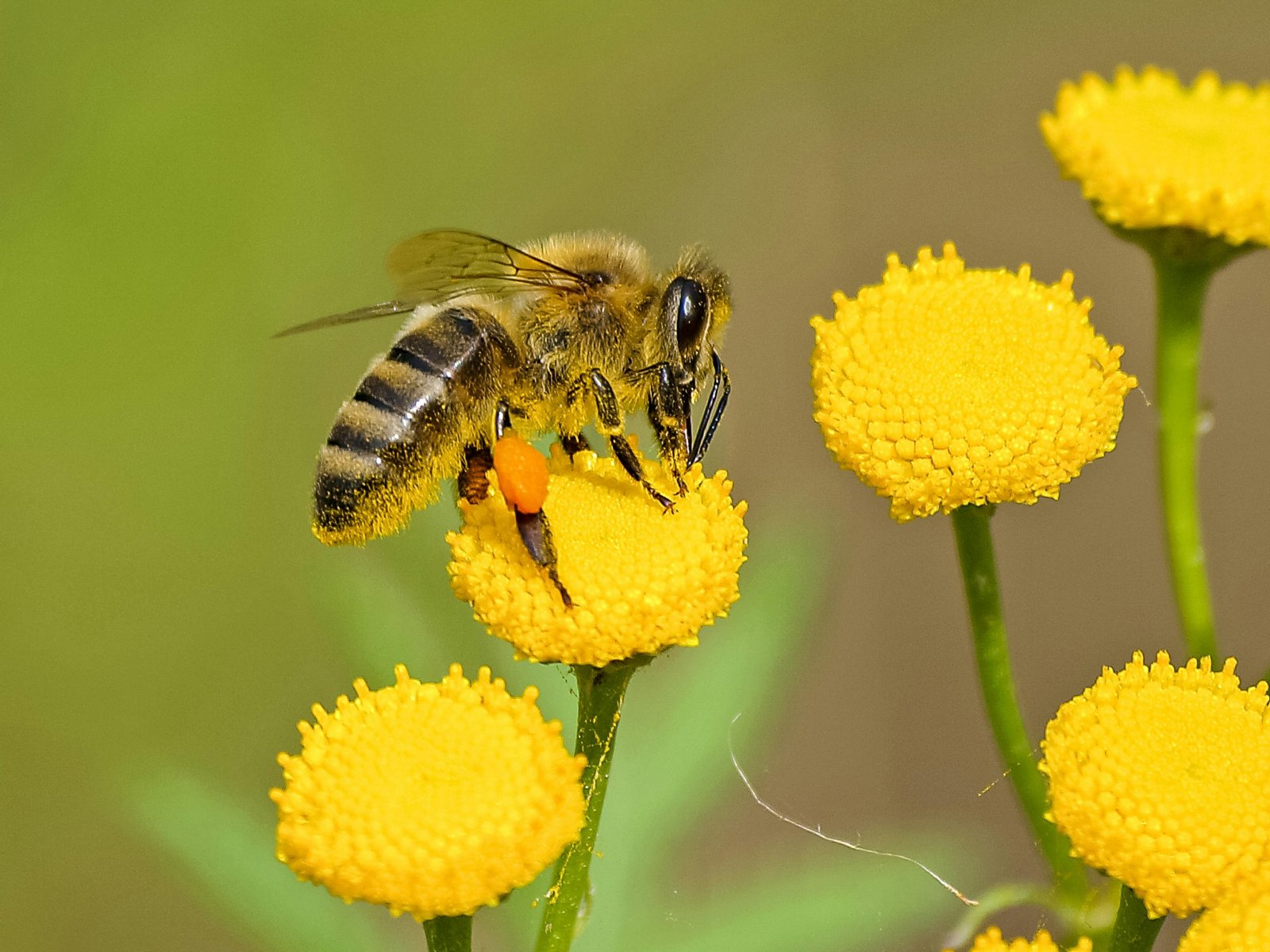
Without bees, the pollination that sustains our agriculture would collapse, leading to severe shortages of fruits, vegetables, and nuts. The ripple effects on global food supply and economy would be catastrophic.
2. Plankton

Plankton are not just food for marine life; they are the foundation of the ocean’s ability to absorb carbon dioxide. Their depletion would accelerate global warming to devastating levels.
3. Coral Reefs
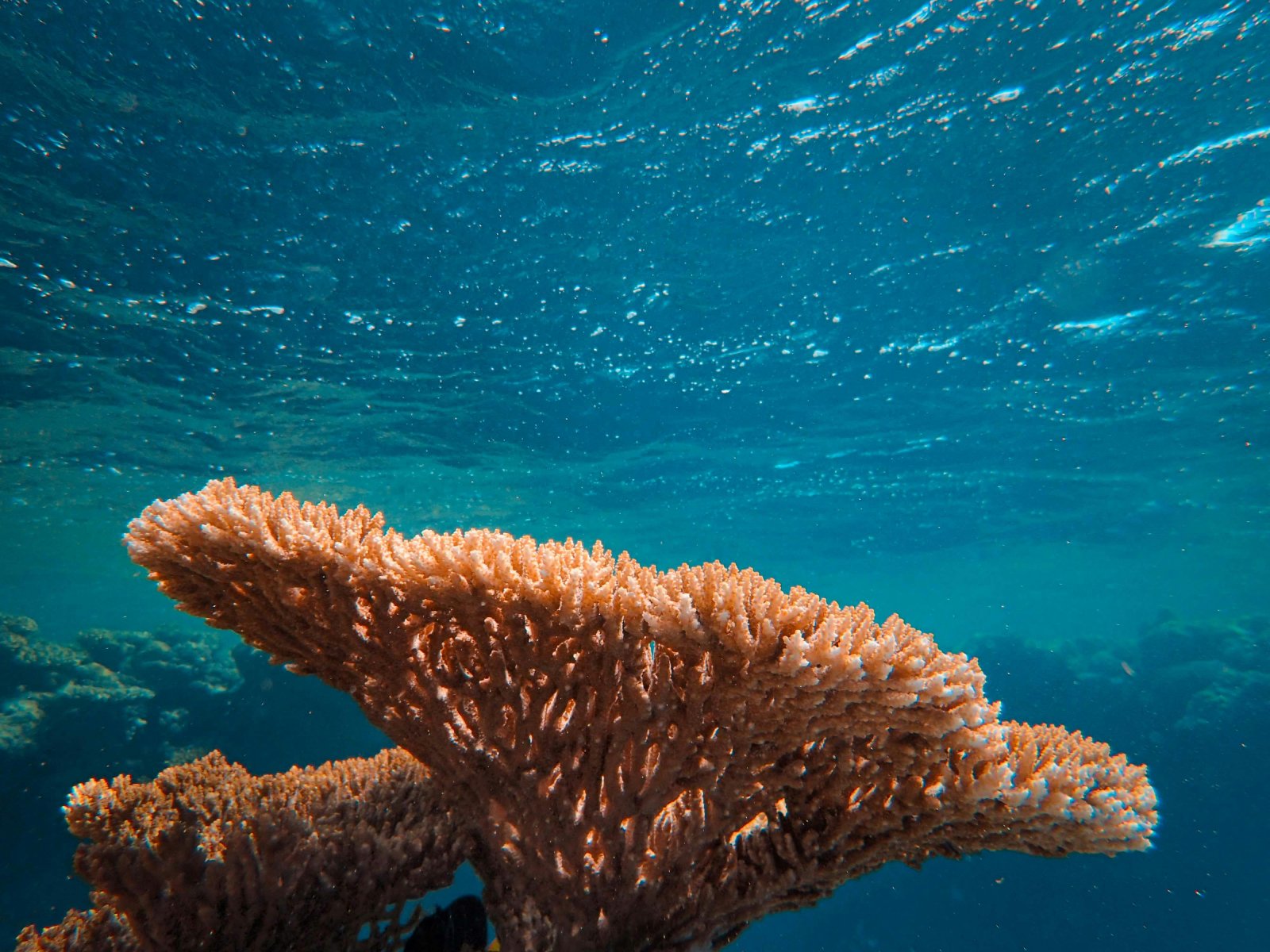
Coral reefs act as natural barriers protecting coastal regions from storms and erosion. Their extinction would leave millions vulnerable to natural disasters and economic ruin.
4. Bats
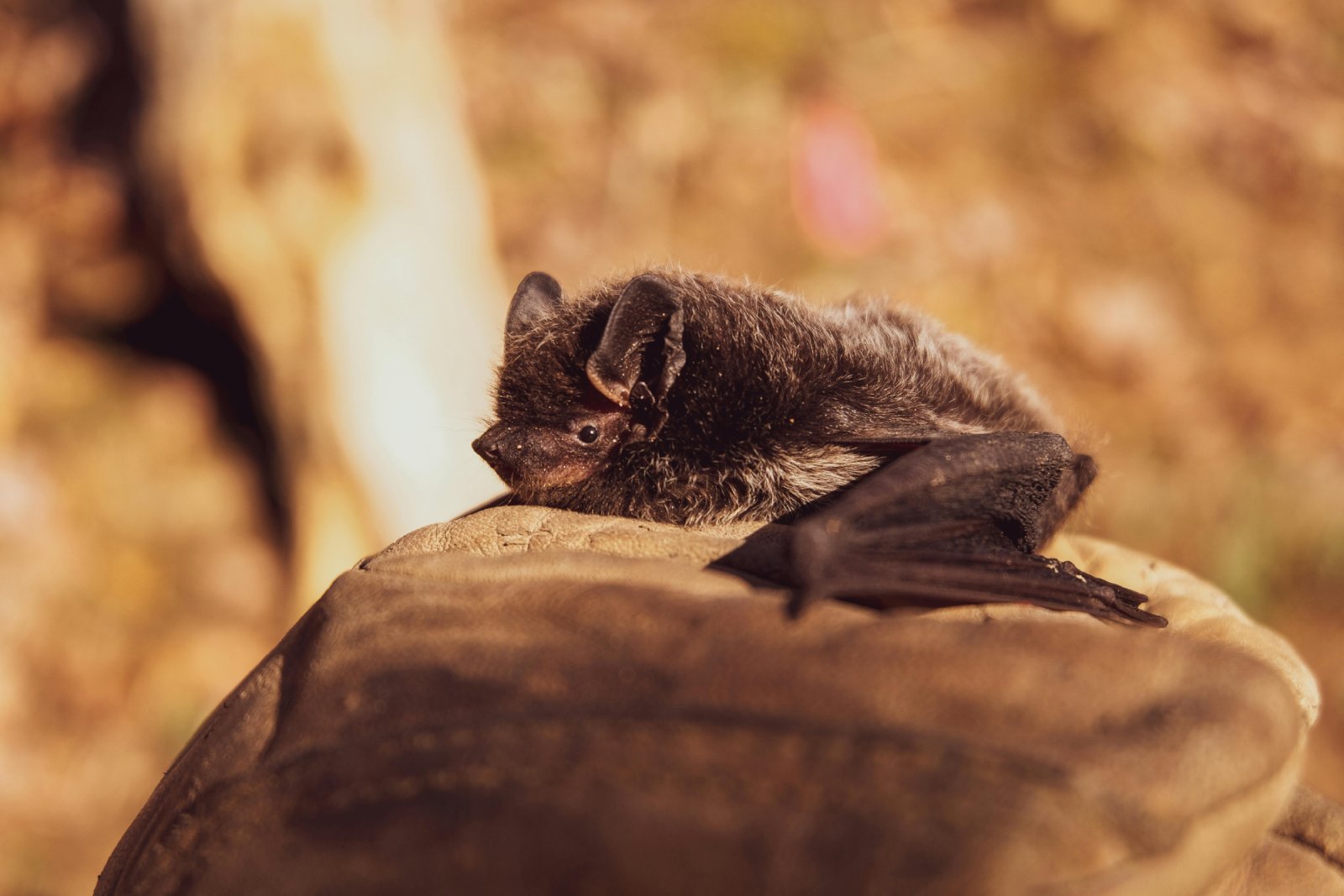
Bats are crucial in controlling pest populations; without them, crop yields would plummet due to increased pest activity, leading to widespread famine.
5. Primates
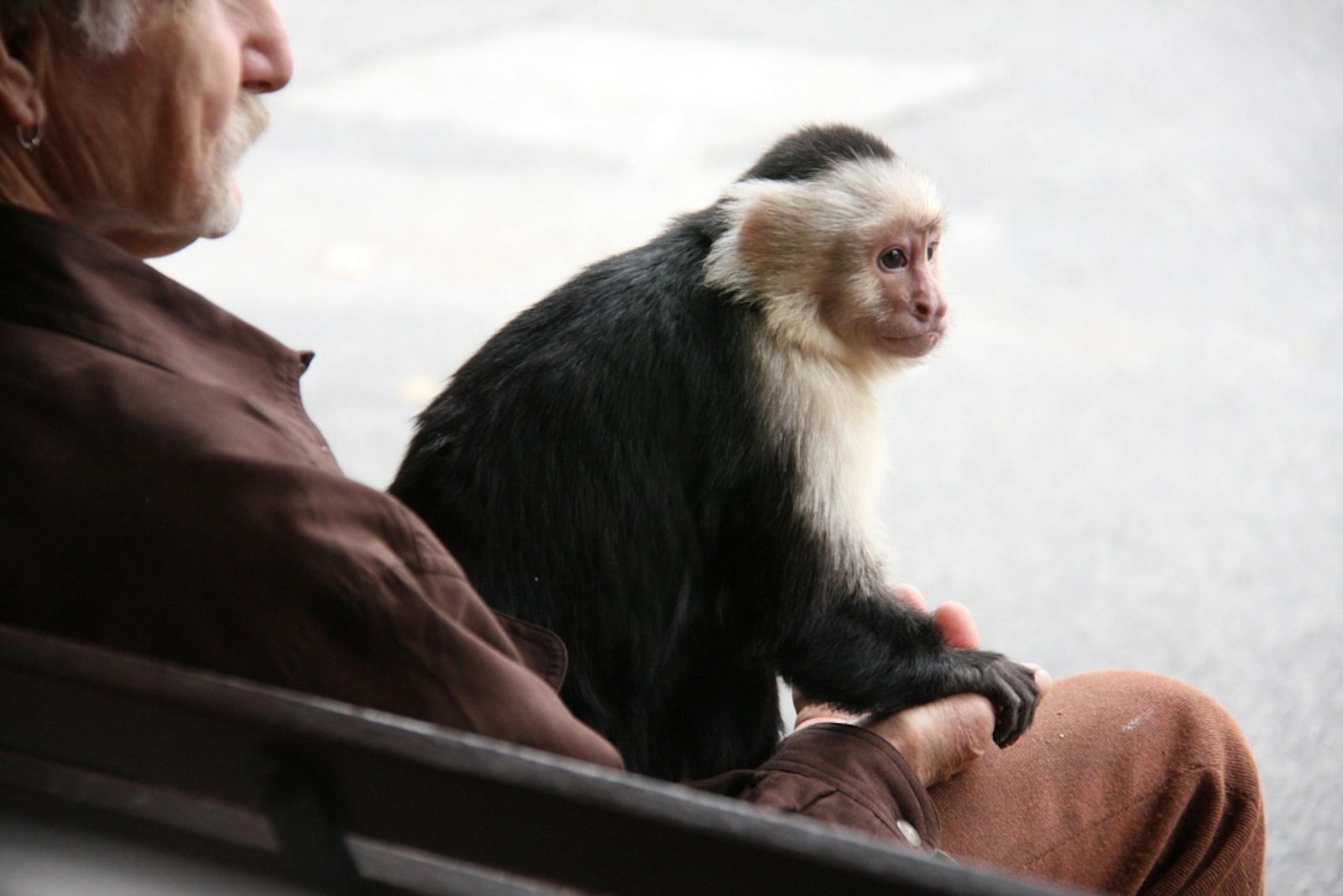
Primates are vital for the dispersal of seeds that maintain forest ecosystems. Losing them would hasten the decline of global forest cover, exacerbating climate change.
6. Frogs
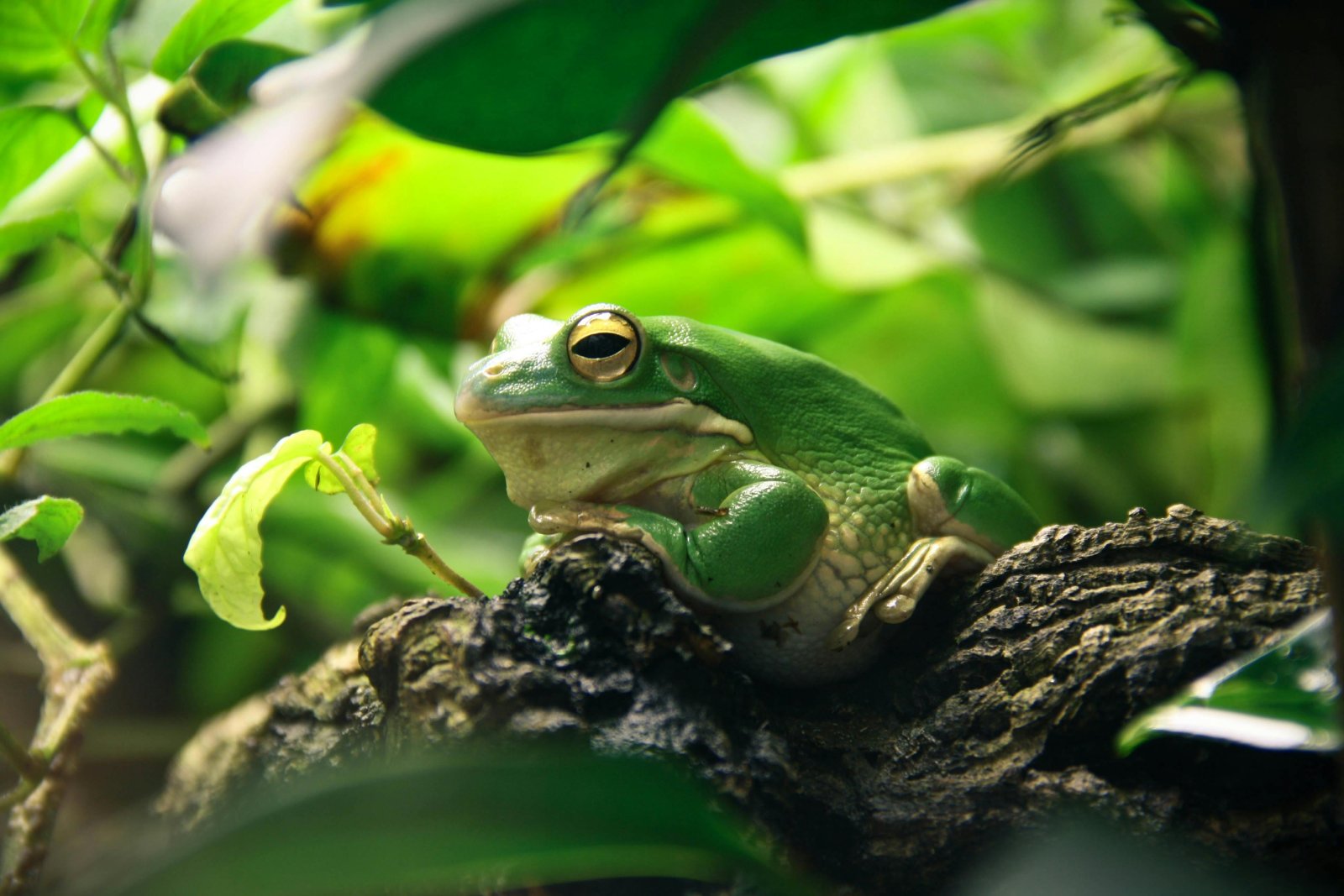
Frogs’ role in controlling insect populations is critical; their loss would lead to a surge in disease-carrying pests, posing grave health risks to humanity.
7. Fungi

Fungi are essential for nutrient cycling in soil; without them, soil degradation would worsen, crippling our ability to grow crops and sustain livestock.
8. Elephants
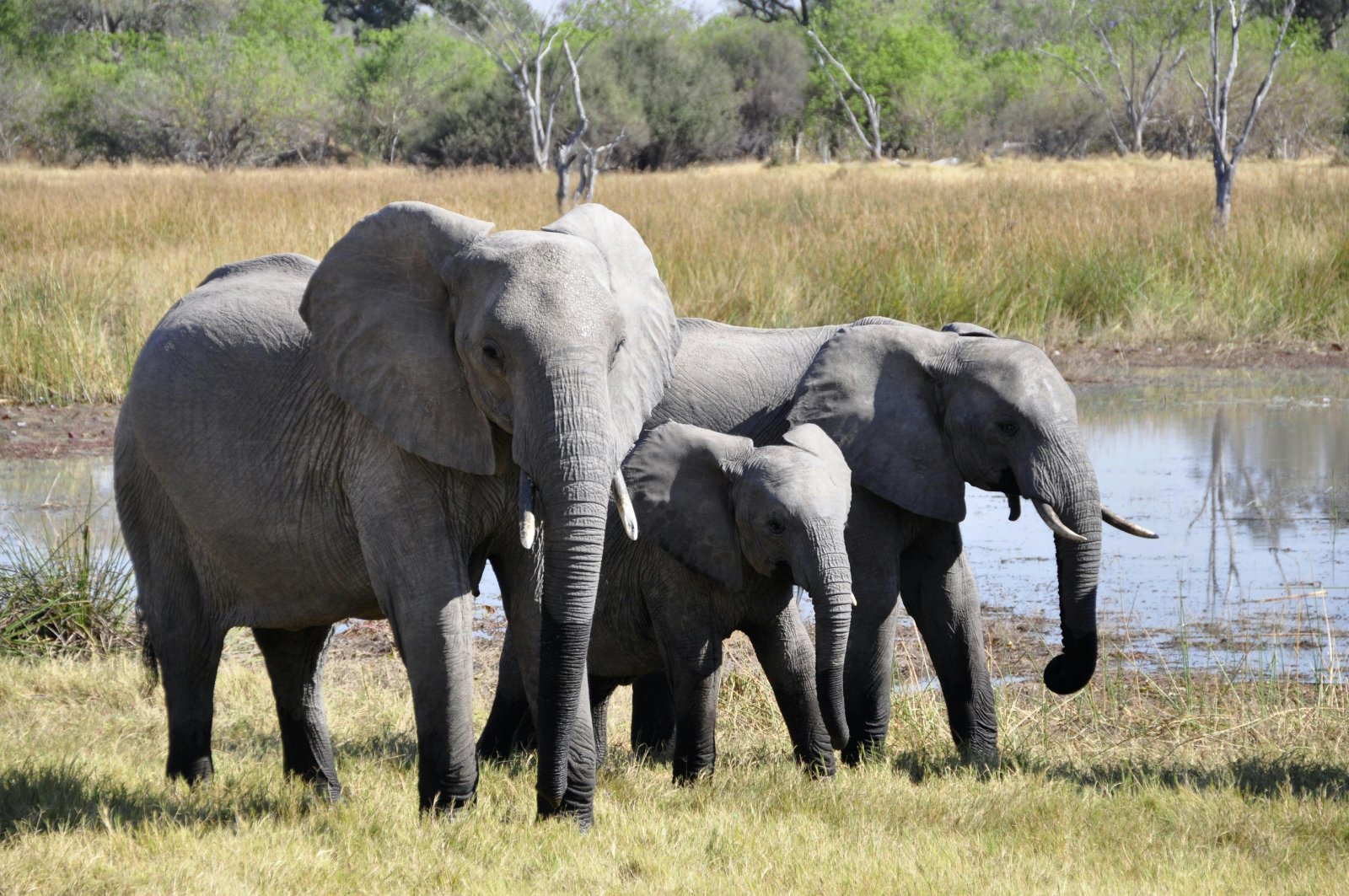
Elephants help to maintain the savannah and forest ecosystems by facilitating seed dispersal. Without them, these ecosystems would face rapid deterioration and collapse.
9. Wolves
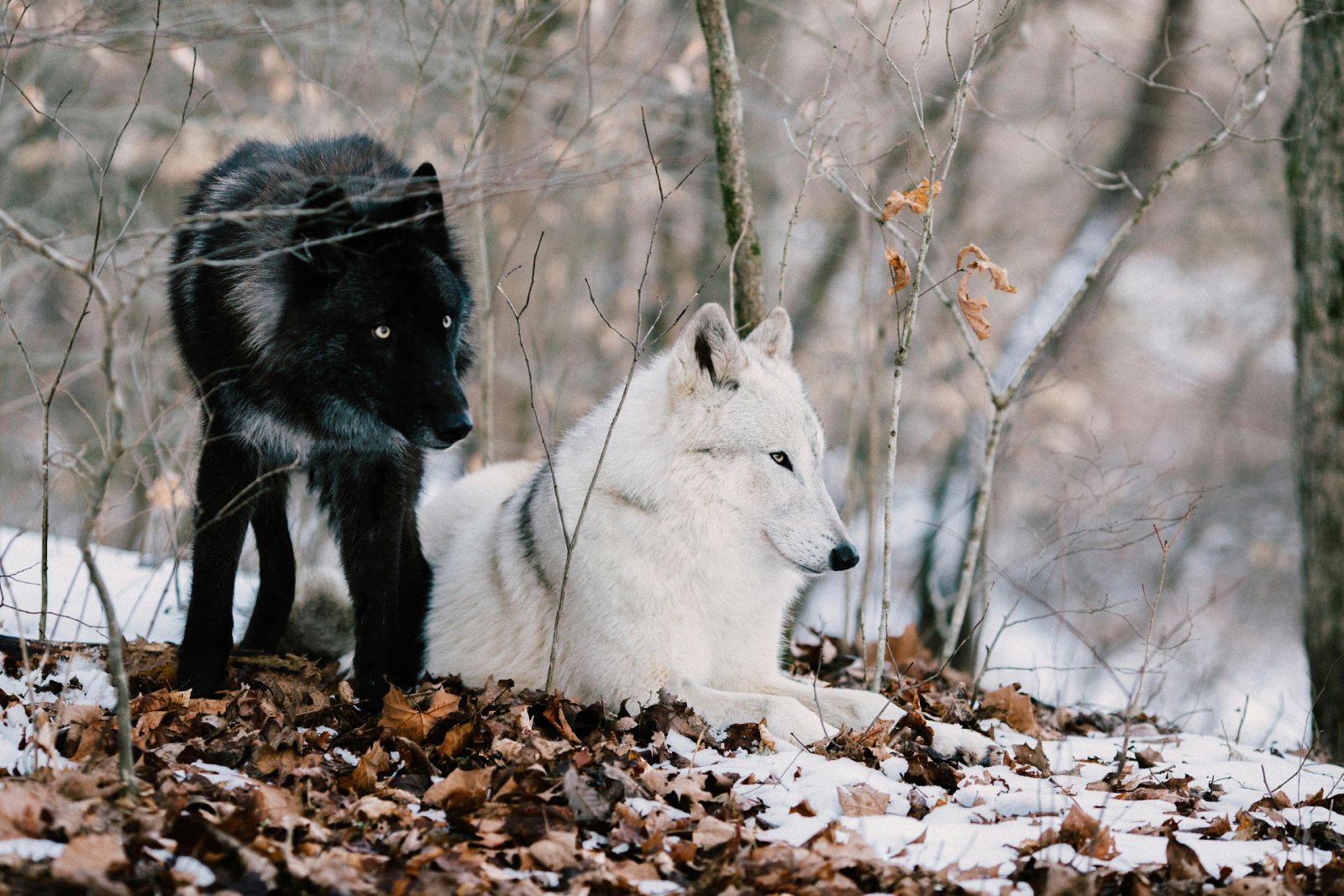
As top predators, wolves keep natural populations in check, preventing overgrazing. Their extinction would disrupt these ecosystems, leading to chaotic imbalances.
10. Sharks
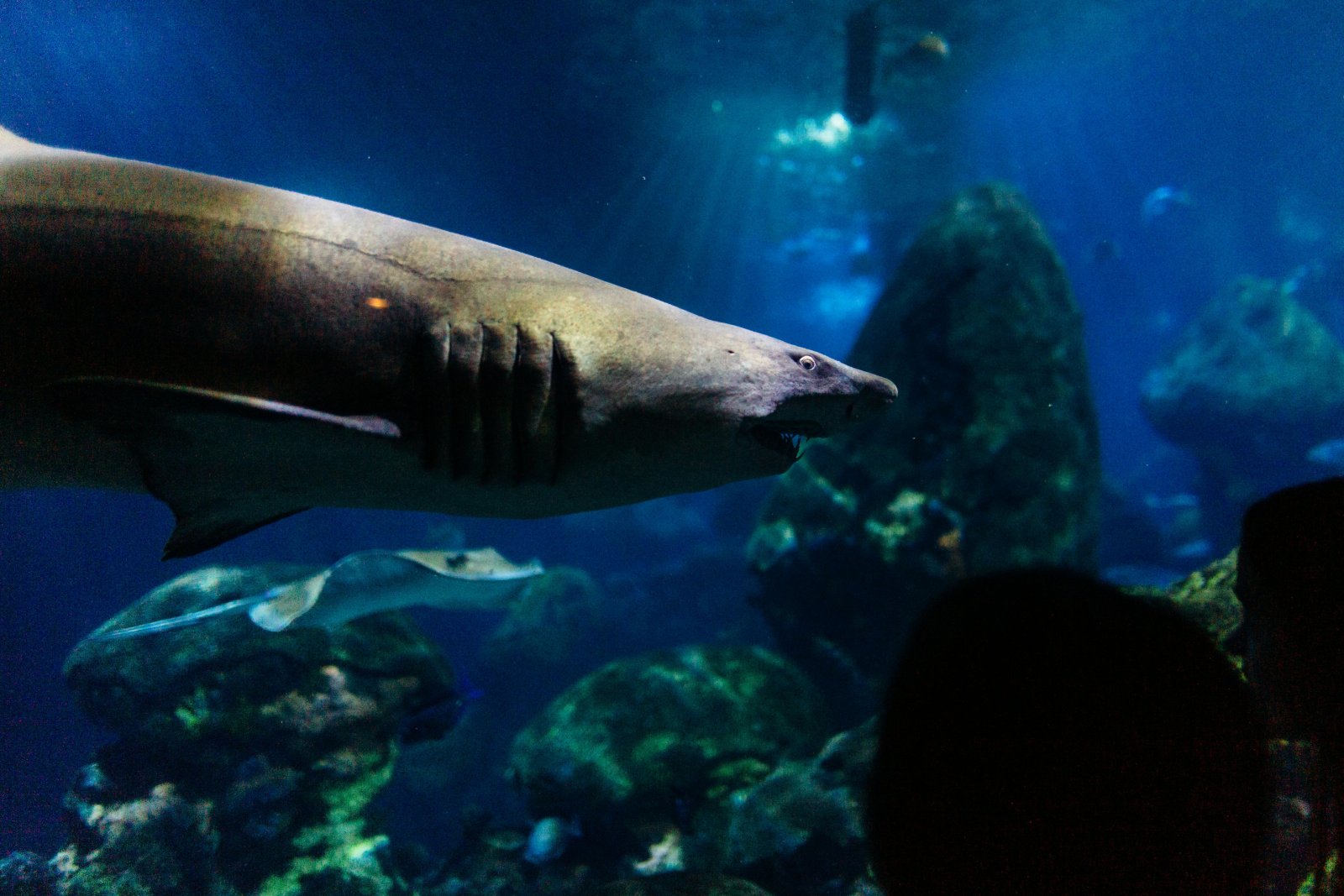
The absence of sharks would disrupt marine food chains, leading to unpredictable consequences for fish populations and the industries that depend on them.
11. Tigers
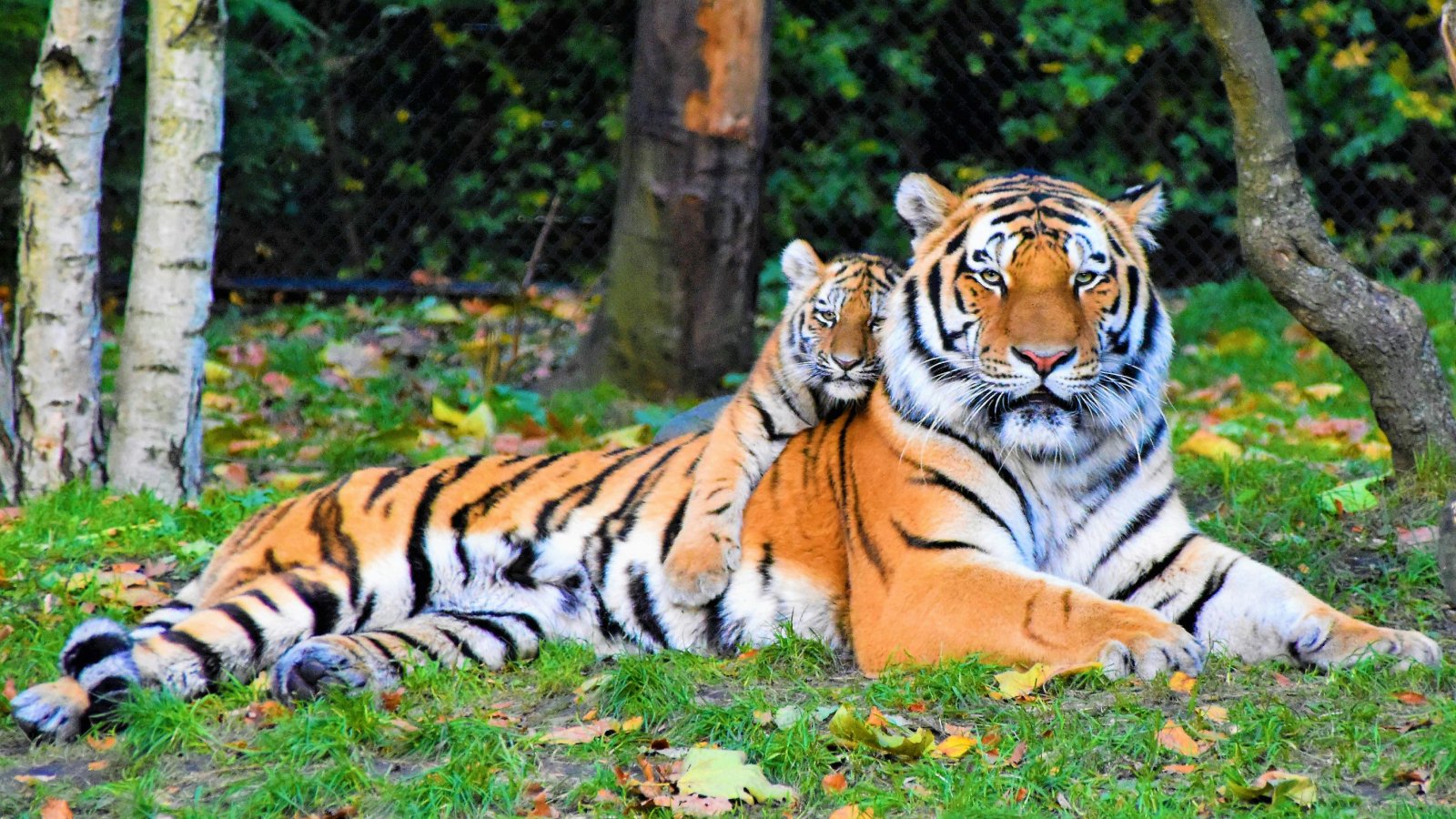
Tigers regulate prey populations, which helps maintain the biodiversity of their habitats. Their loss would lead to environmental degradation and loss of countless other species.
12. Whales
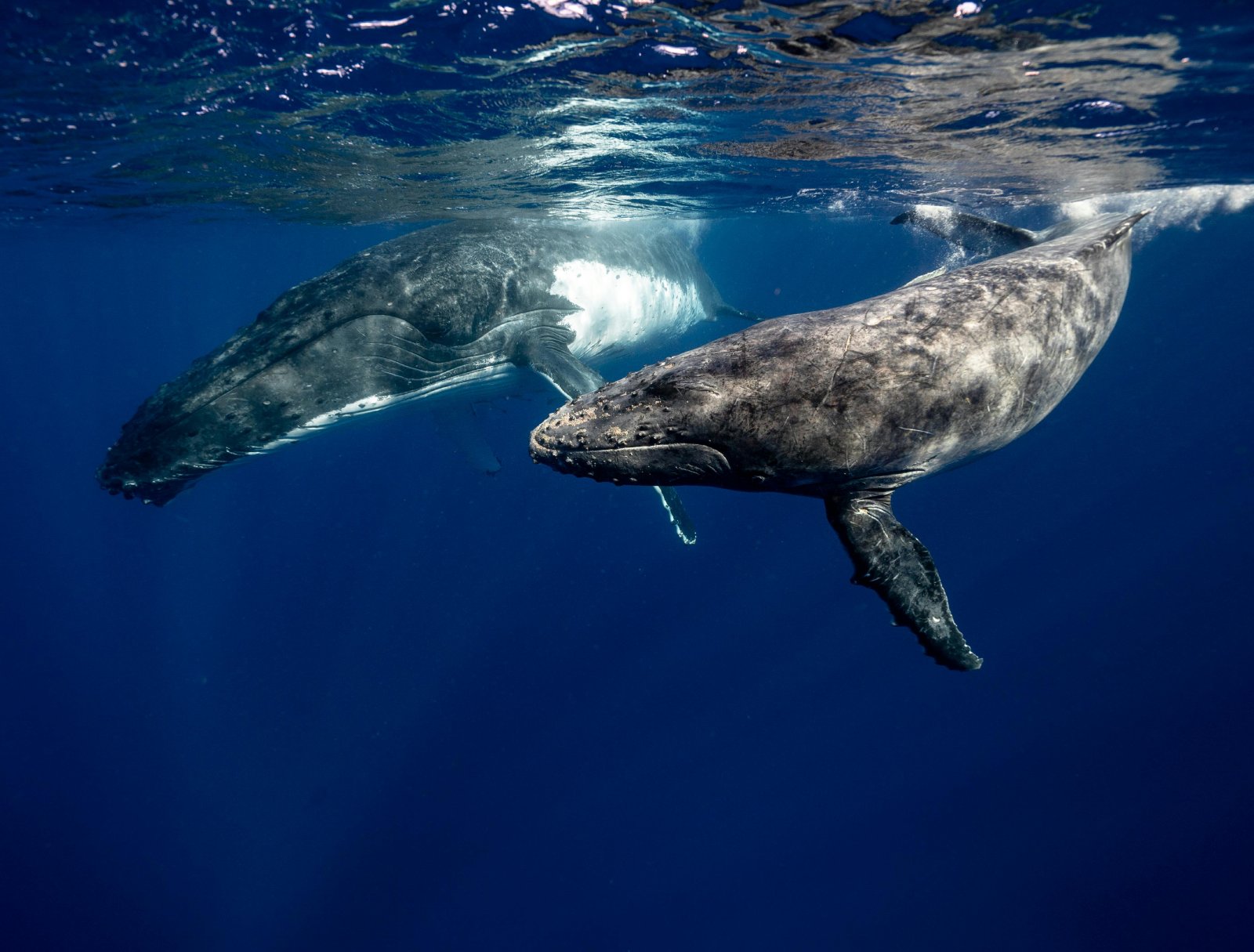
Whales mix ocean layers, bringing nutrients from the deep to support marine life; without them, marine ecosystems would collapse, destroying a major source of the world’s oxygen.
13. Rhinos
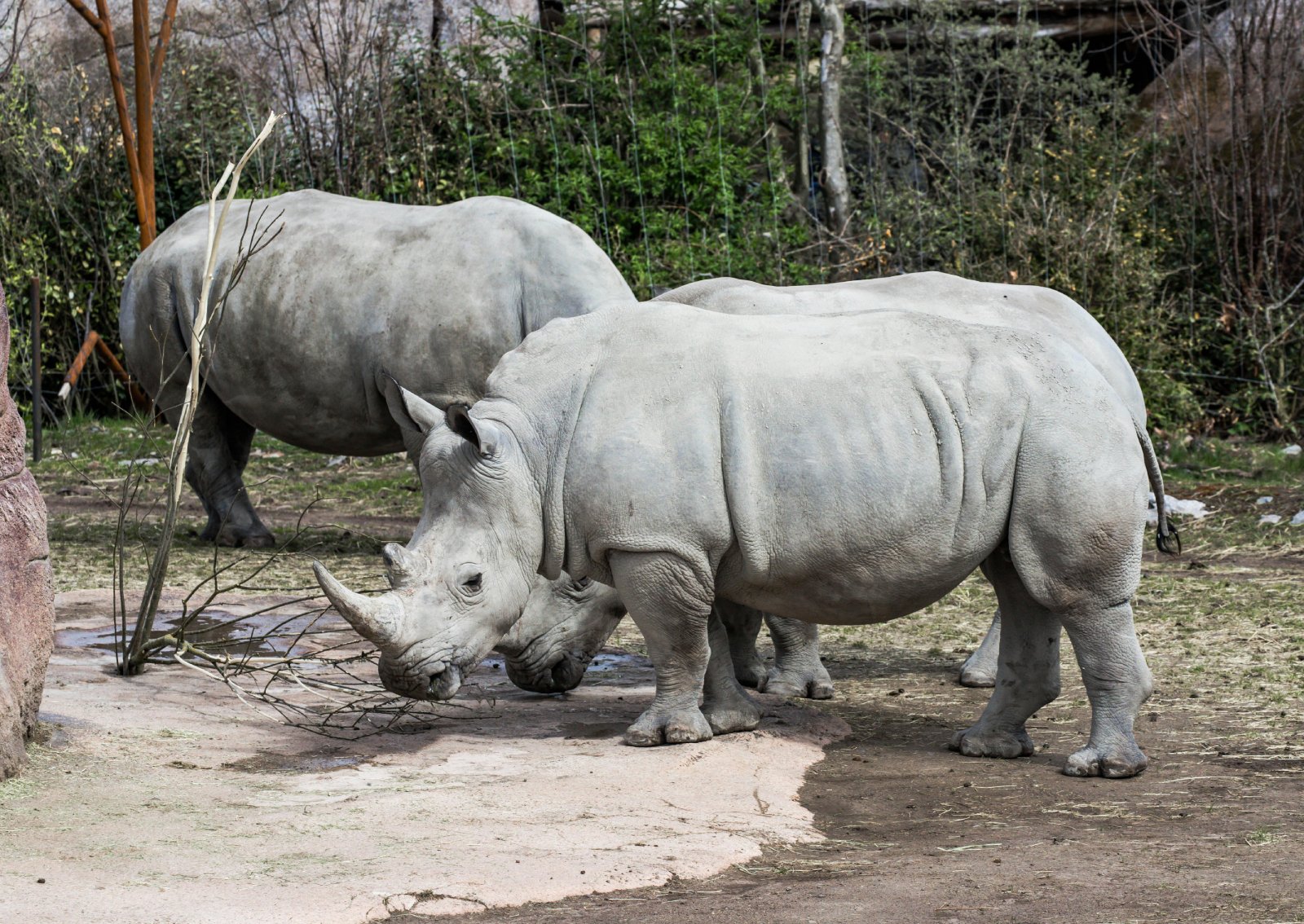
Rhinos influence the African grasslands and forests through their grazing habits. Their extinction would alter these landscapes forever, with severe ecological repercussions.
14. Earthworms
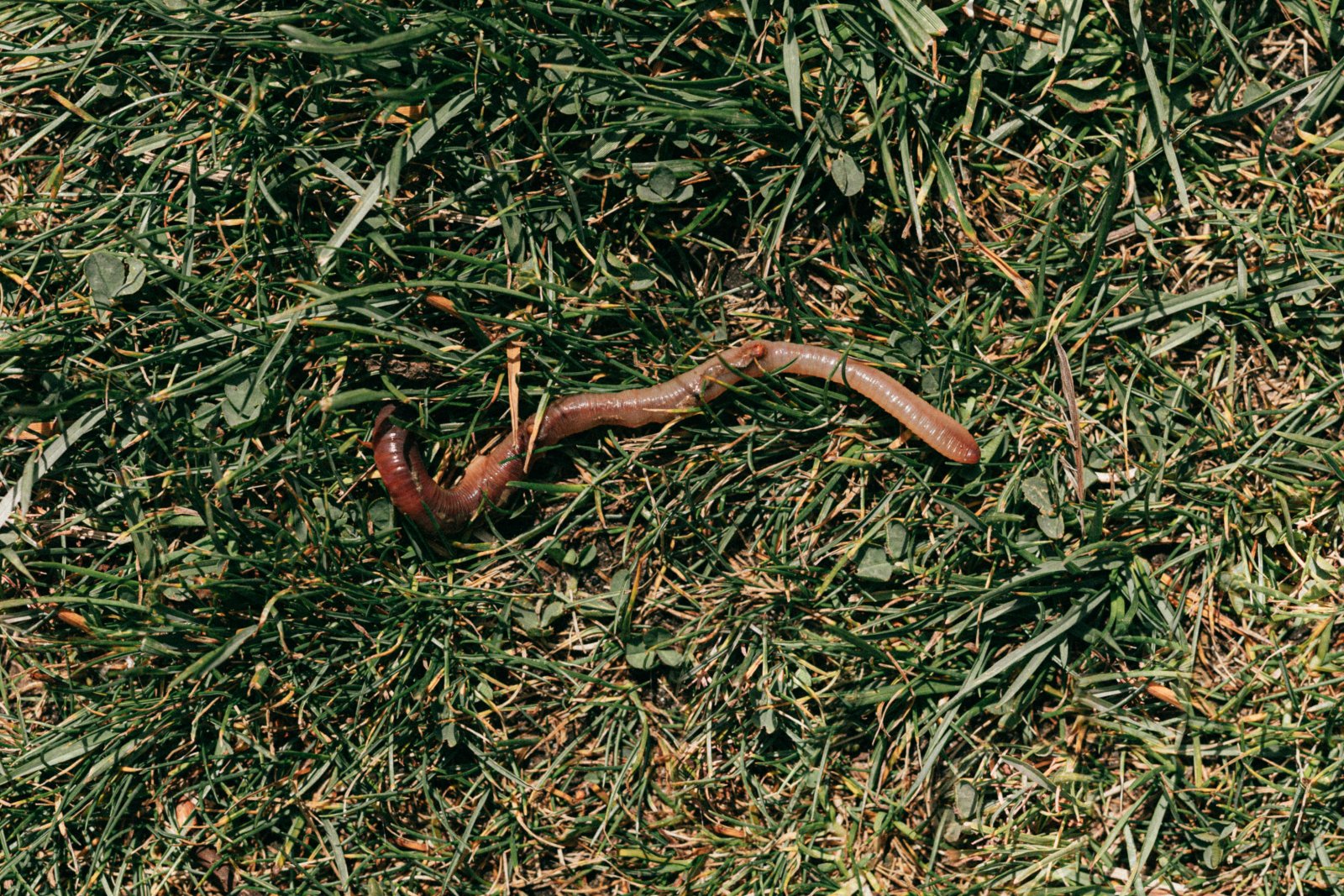
Earthworms improve soil health and structure, which is vital for plant growth. Their extinction would devastate agriculture, leading to soil erosion and loss of arable land.
15. Vultures
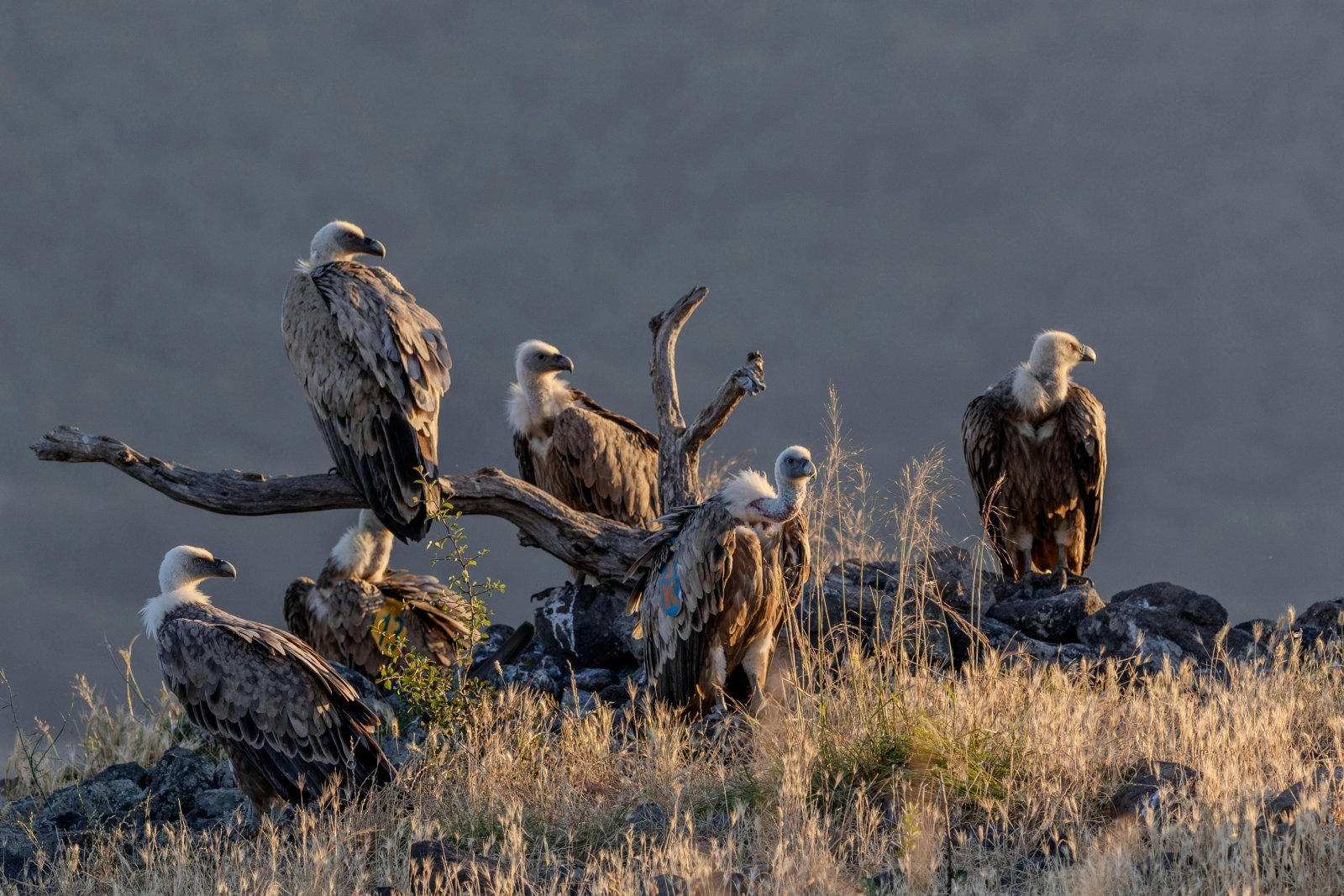
Vultures prevent disease spread by consuming carcasses that could otherwise become breeding grounds for pathogens. Their disappearance would lead to health crises across many regions.
16. Sea Otters
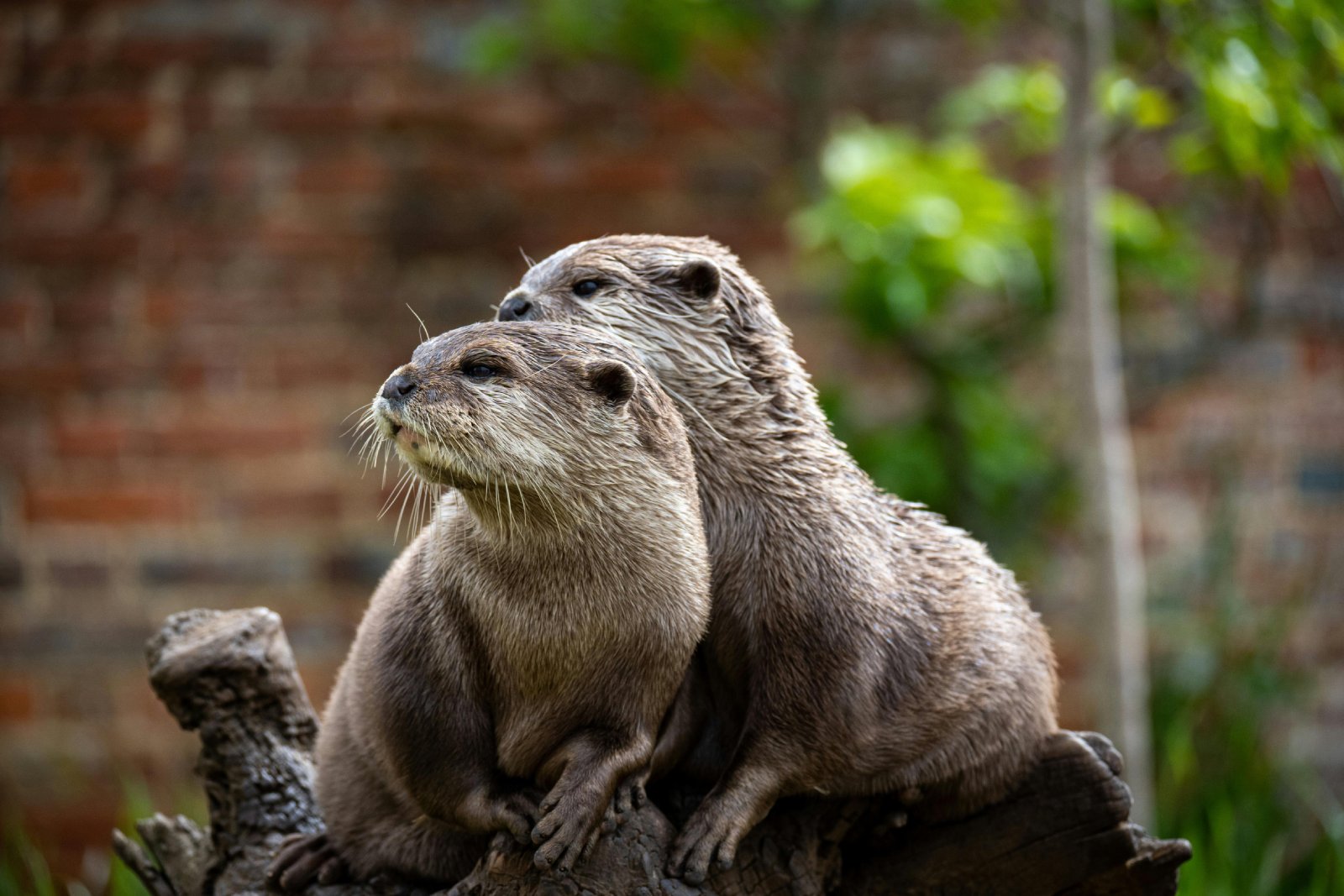
Sea otters keep sea urchin populations under control, which in turn allows kelp forests to thrive. Without them, these underwater forests would perish, along with the vast biodiversity they support.
17. Ants
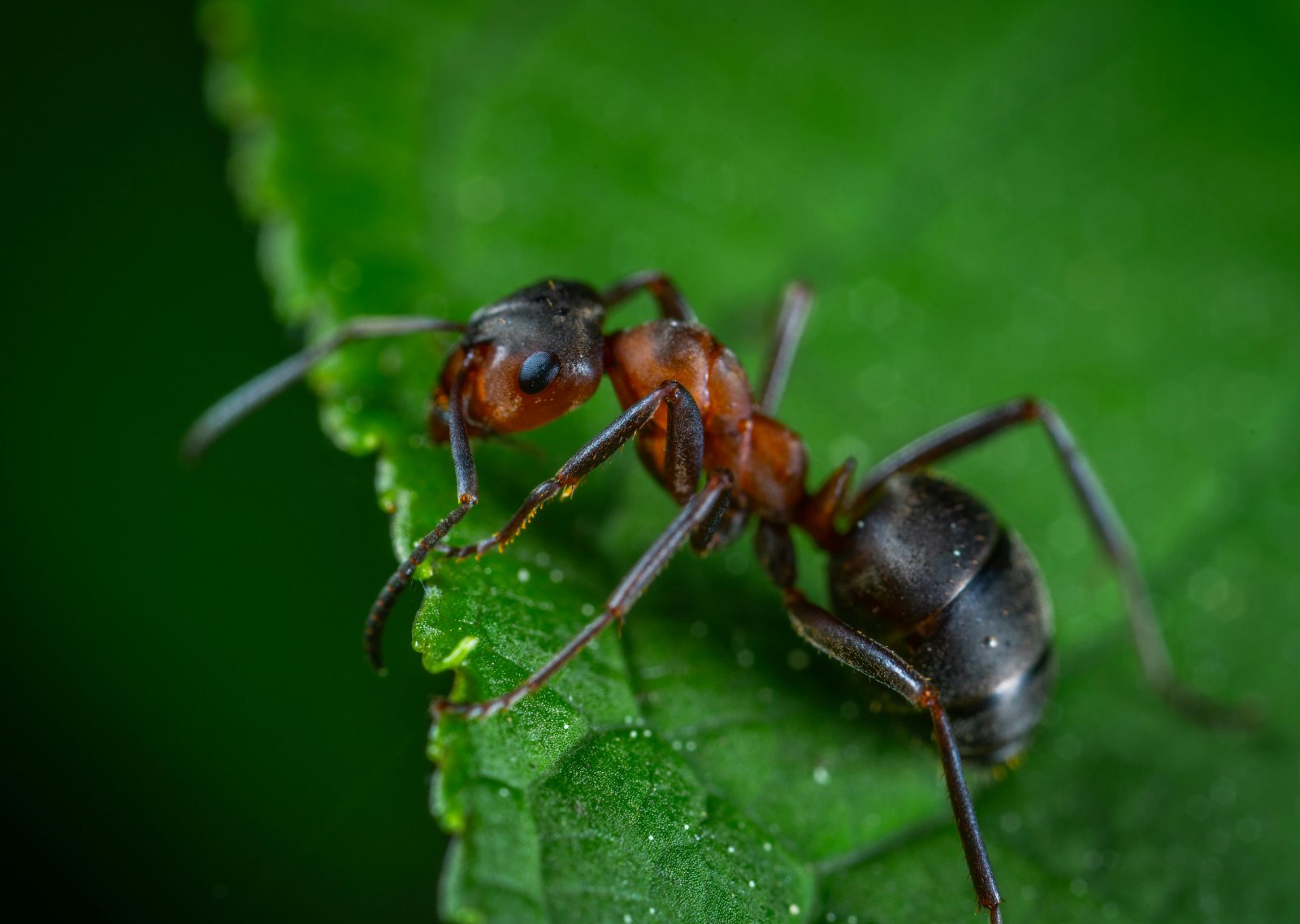
Ants contribute to soil health and the decomposition of organic material. Their extinction would have a severe impact on the nutrient cycles crucial for life on Earth.
18. Soil Bacteria
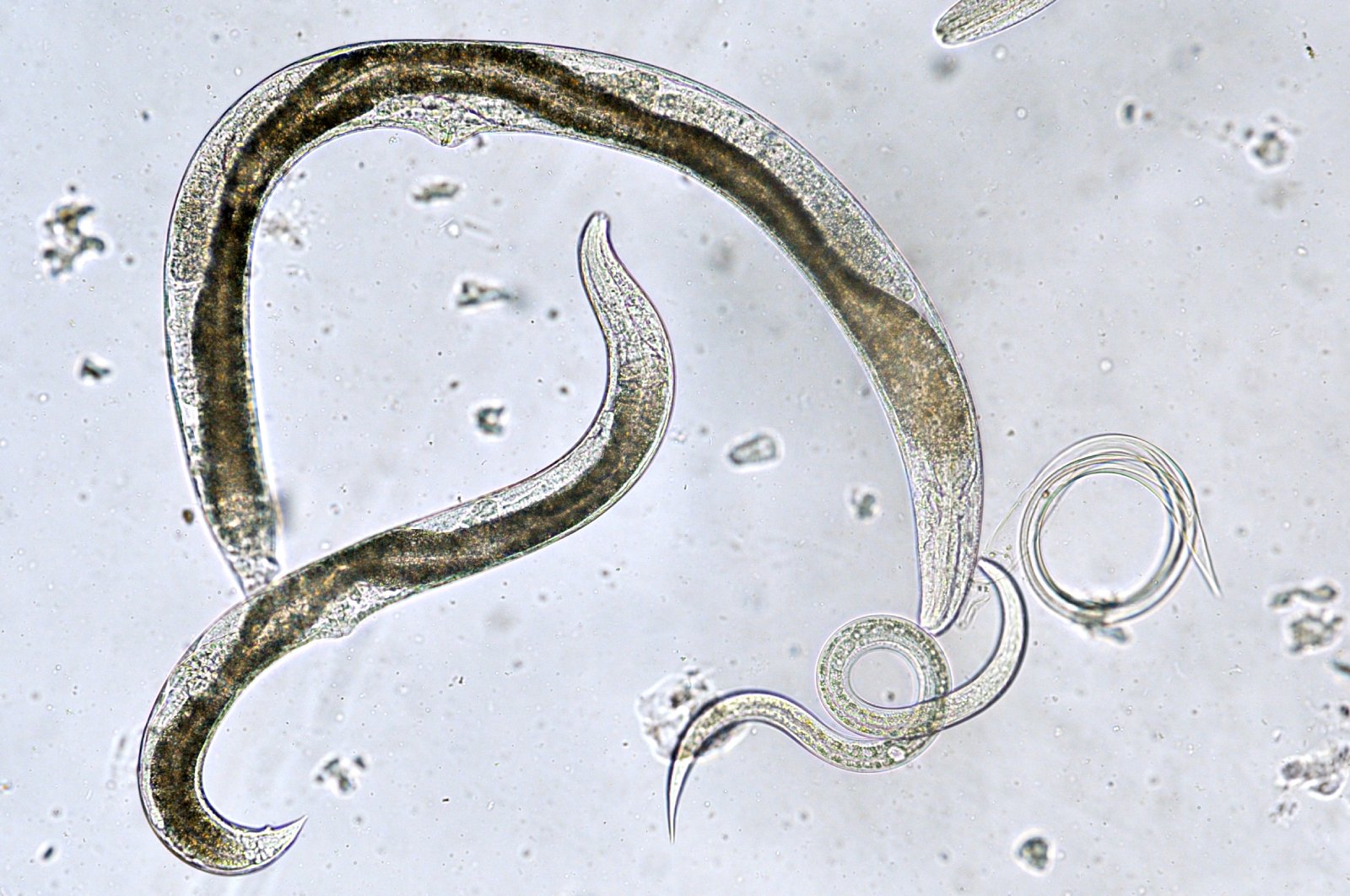
Soil bacteria play an indispensable role in nitrogen fixation, crucial for plant life. Without these bacteria, ecosystems worldwide would falter, and food production would collapse.
On the Brink
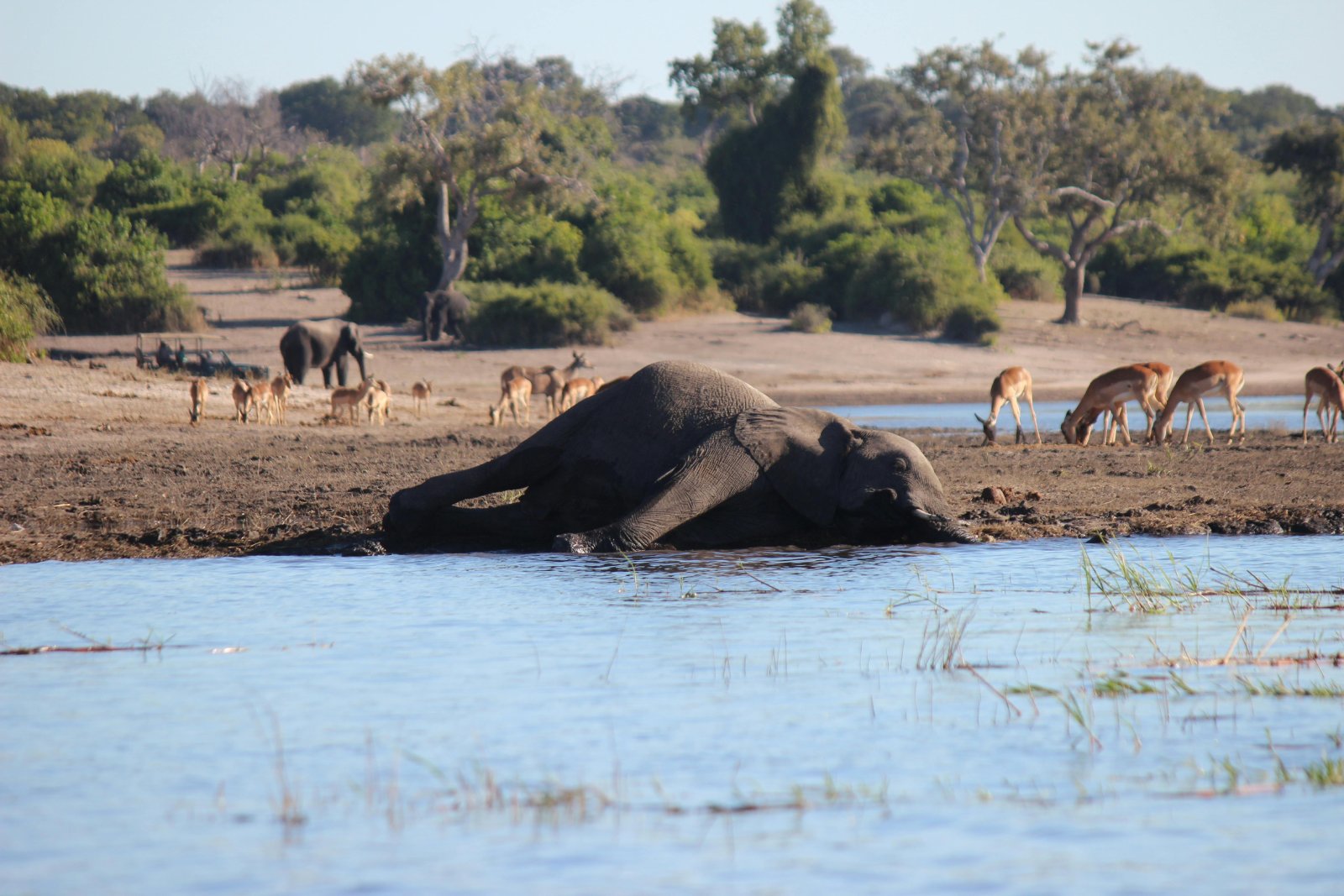
The disappearance of these critical species would not only signify the loss of biodiversity but could also mark the unraveling of the very systems that sustain human life on Earth. As these threads of life fray, so too does the future of humanity hang in the balance. We are far more vulnerable than we might like to admit.
Featured Image Credit: Pexel / Clive Kim.
For transparency, this content was partly developed with AI assistance and carefully curated by an experienced editor to be informative and ensure accuracy.

